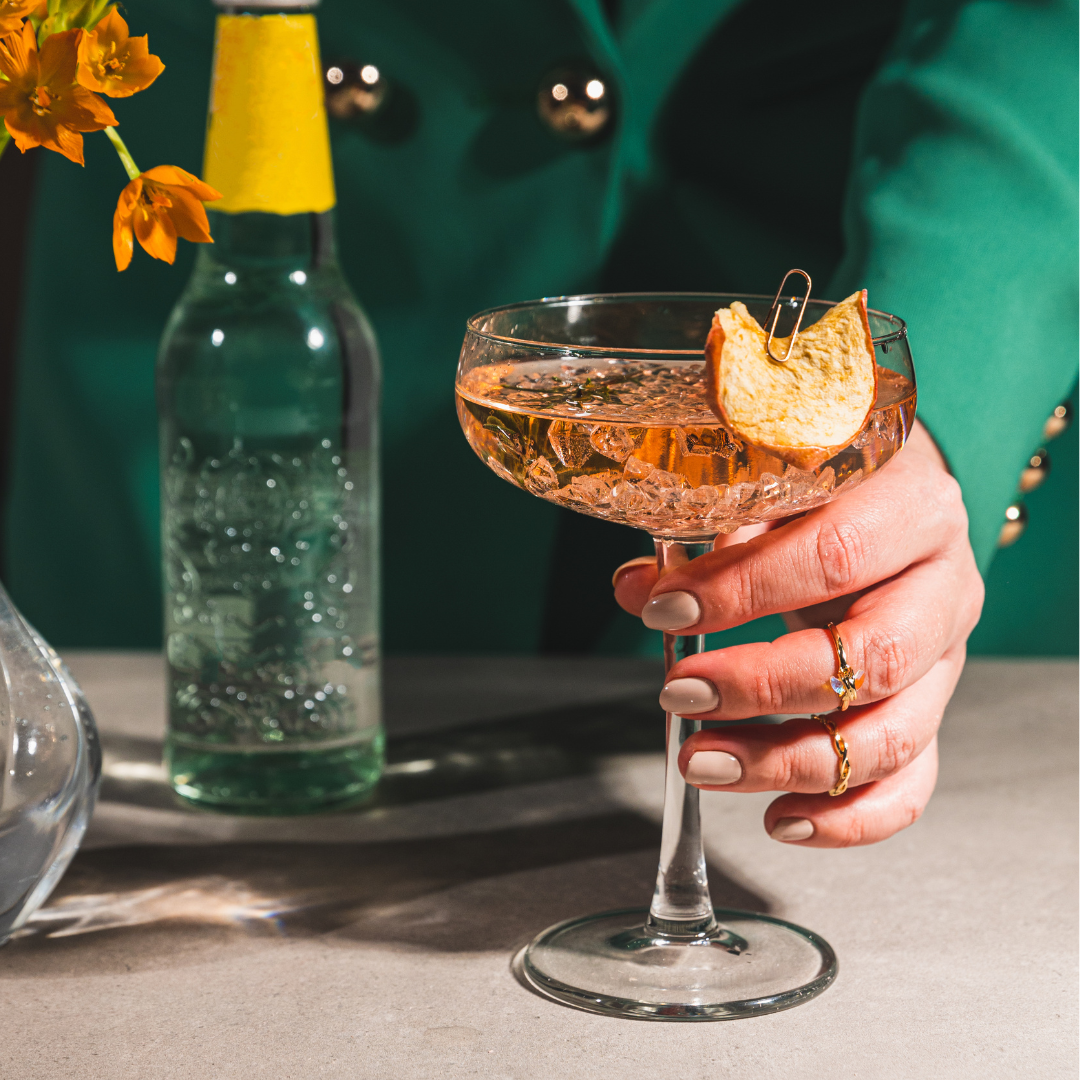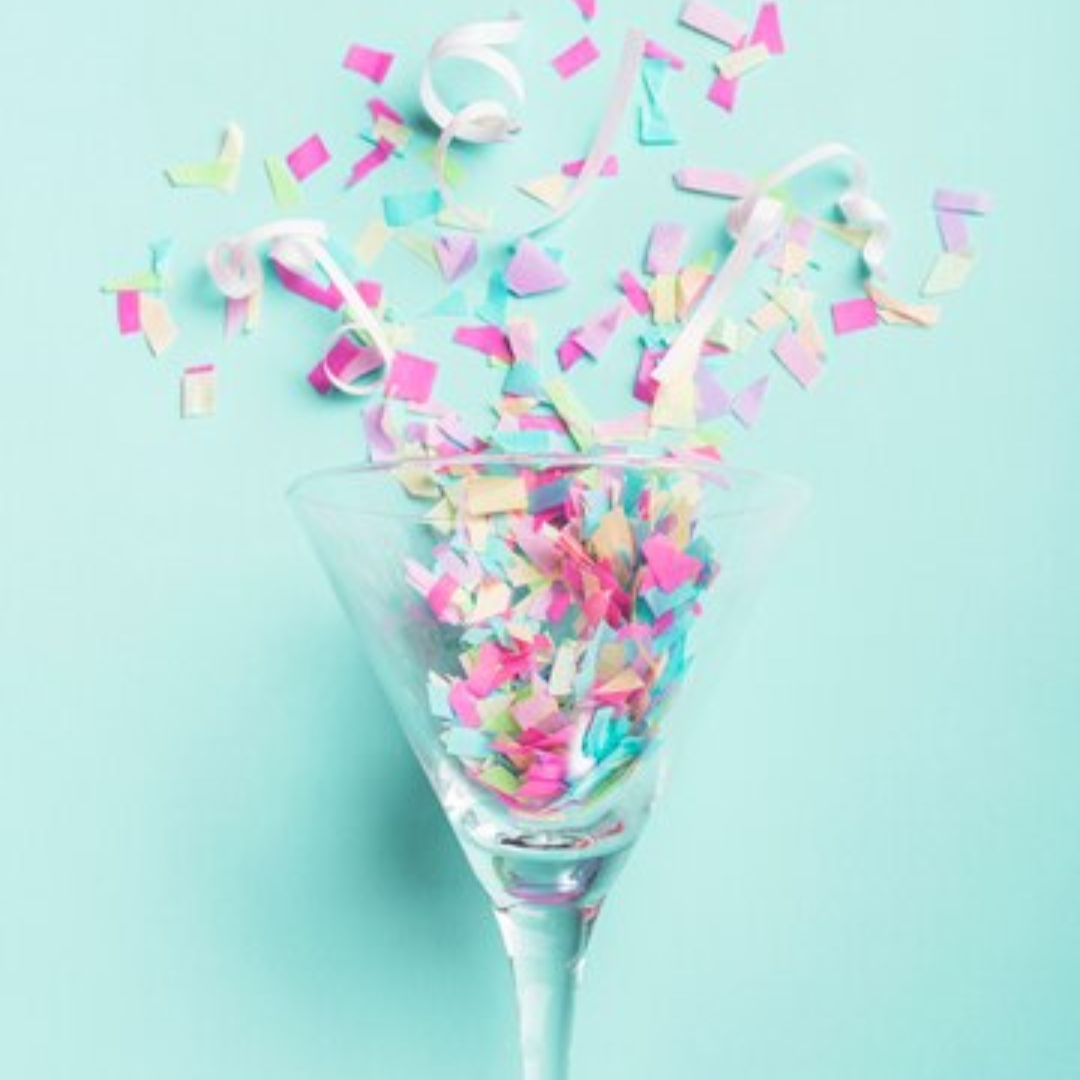
The History of Mixology: A Journey Through the Centuries
Mixology, the art of mixing drinks to create cocktails , is much more than just a hobby. It is the result of a rich history that spans the ages, from the first ancient distillations to today's sophisticated cocktails. Understanding the evolution of mixology is to delve into a world where tradition and innovation meet.
The first traces of mixology: antiquity and the Middle Ages
The origins of mixology date back to ancient times. The Egyptians, Greeks, and Romans were already mixing fermented beverages with herbs, spices, and honey to create aromatic beverages . These early concoctions were often consumed during religious or festive ceremonies.
During the Middle Ages, the art of distillation spread throughout Europe and the Middle East. Monks, in particular, played a crucial role in the development of new beverages, including herbal liqueurs . These elixirs were often used for medicinal purposes before becoming popular drinks for pleasure.
The emergence of cocktails: 18th and 19th centuries
The term "cocktail" first appeared in the early 19th century, but the foundations of modern mixology were laid in the 18th century . With the arrival of rum from the Caribbean, whisky from Scotland and gin from the Netherlands, new drinks began to emerge.
One of the first famous cocktails was the "Sazerac", created in New Orleans in the 1830s. It was also during this period that the American bartender Jerry Thomas, considered the father of modern mixology, published his book "The Bartender's Guide" in 1862. This book lists recipes that would become classics, such as the "Tom Collins" or the "Whiskey Sour".
Mixology in the 20th Century: From Prohibition to the Renaissance
The 20th century marked a turning point for mixology. The Prohibition era in the United States (1920-1933) forced bartenders to be unprecedentedly creative in masking the taste of bootleg liquor . It was during this period that iconic cocktails such as the "Sidecar" and the "French 75" were born.
After World War II, interest in exotic cocktails grew, partly due to the influence of Hollywood and consumers' desire for escapism. The 1980s and 1990s marked a period of decline for mixology, often associated with sugary and artificial drinks.
However, the end of the 20th century and the beginning of the 21st century saw a real renaissance of mixology. Bartenders rediscovered the classics, favored quality ingredients, and drew inspiration from culinary techniques to create more complex and refined cocktails.
